Photography & New Media
Code: P0833-25
-
O
Open to All
Students of any skill and knowledge level.
Papermaking Meets Cyanotype
Jul 21 - 25, 2025
9 AM - 5 PM
Concept
This immersive workshop invites participants to delve into the art of handmade papermaking and the alternative photographic process of cyanotype. Participants explore the natural world as a source of both materials and inspiration, emphasizing the inherently place-based nature of these techniques.
The first part of the workshop focuses on collecting and processing local plant materials, including invasive species, to create handmade paper. Participants learn essential papermaking techniques, such as fiber preparation, pulping, sheet formation, and drying, while discovering which plants are best suited for papermaking.
In the second phase, participants investigate photographic imagery through the lens of place and connection. Using cyanotype—a historic photographic process known for its vivid blue tones—participants design image-based compositions that integrate seamlessly with their handmade paper. By merging organic materials with photographic imagery, the workshop creates a unique opportunity to explore the intersection of craft, nature, and storytelling.
Ideal for artists and creatives interested in sustainable practices, alternative photography, and the expressive potential of handmade paper, this workshop fosters innovation and a deep appreciation for place-based artmaking.
View All Photography & New Media Workshops
Media & Techniques
Cyanotype, digital printing, Adobe Photoshop, digital negative processes, contact printing
Faculty

Kate Aitchison
Kate Aitchison’s artwork focuses on human interventions in the natural landscape—and her own emotive connection to place. She earned her BA in 2010 from Colorado College in Studio Art with a minor in Environmental Studies, and an MFA in 2016 from the Rhode Island School of Design. Recent exhibitions include a solo exhibition at Lyon College in Batesville, AR, at Bountiful Davis Art Center in Bountiful, UT and an upcoming solo exhibition at Ft. Lewis College in Durango, CO in early 2025.

Kate Aitchison, Glen Canyon Returning, 2024
Workshop Details
Workshop Supplies
For general information about studio access, shipping, and more, please visit our info page.
If you have any questions regarding your supplies for your workshop, please contact Jack Fox, .
Provided by Anderson Ranch
Equipment
- 24" iMac
- Adobe Suite
- Epson P800 SureColor Printer
Supplies
- Painters tape, rulers, cutting mat, paper towels, blades, scissors
- Adobe Suite
What you need to bring
Required Tools and Supplies
- Archive of images, digital or physical
- External hard drive or access to cloud storage to save digital works made
Optional Tools and Supplies
- Sketchbook/Journal
- White (or light colored) T-shirt for screen printing
* Available for purchase in the studio.
** Available to purchase at the Anderson Ranch ArtWorks Store for 10% off. The store aims to stock comparable items, though specific products from the supply list may vary based on inventory.
Learn more about shipping supplies and artwork to and from the Ranch in the Student Handbook.
Lodging & Meals
Housing is limited and includes shared and private lodging options. Reservations will be managed on a first-come, first-served basis. The earlier you reserve housing, the better your chance of receiving your preferred option. Please note: Workshop costs do not include accommodations.
NEW: Course fees includes a welcome dinner and lunches. In our effort to foster a stronger sense of community and accessibility at Anderson Ranch, we include the welcome dinner and all lunches as part of course fees for summer workshop students. Our hope is that this adjustment will encourage all students to come together to share meals and engage in meaningful conversations. The Ranch Café Meal Plan, which is included with Room and Board fees, strives to provide healthy, creative meals that will nourish your artistic creativity. Learn more.
We have established a Business Safety Plan with added layers of precaution that prioritize the health and safety of our staff, students, faculty and guests while continuing to provide you with the Anderson Ranch experience that you know and enjoy.
Photography & New Media
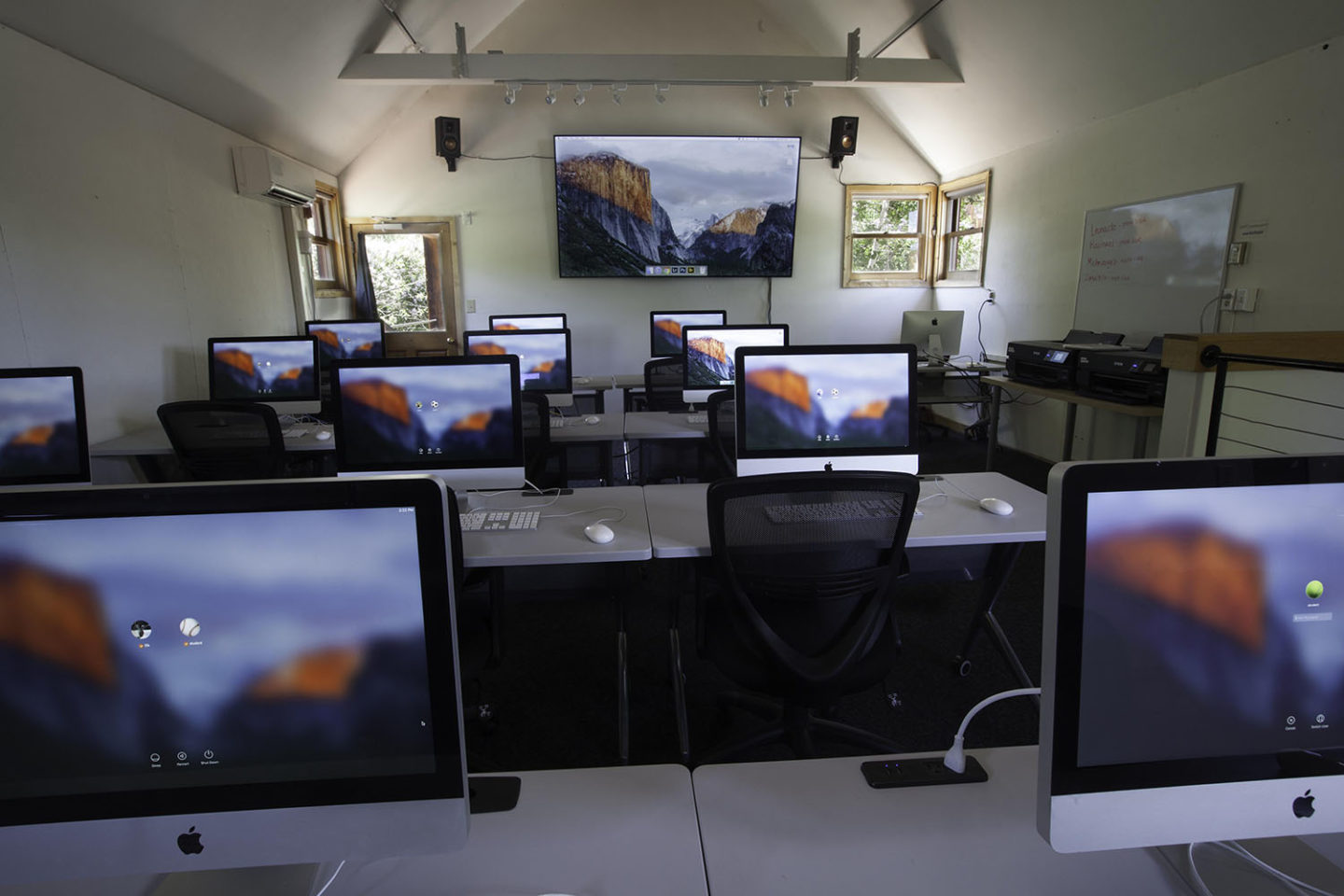

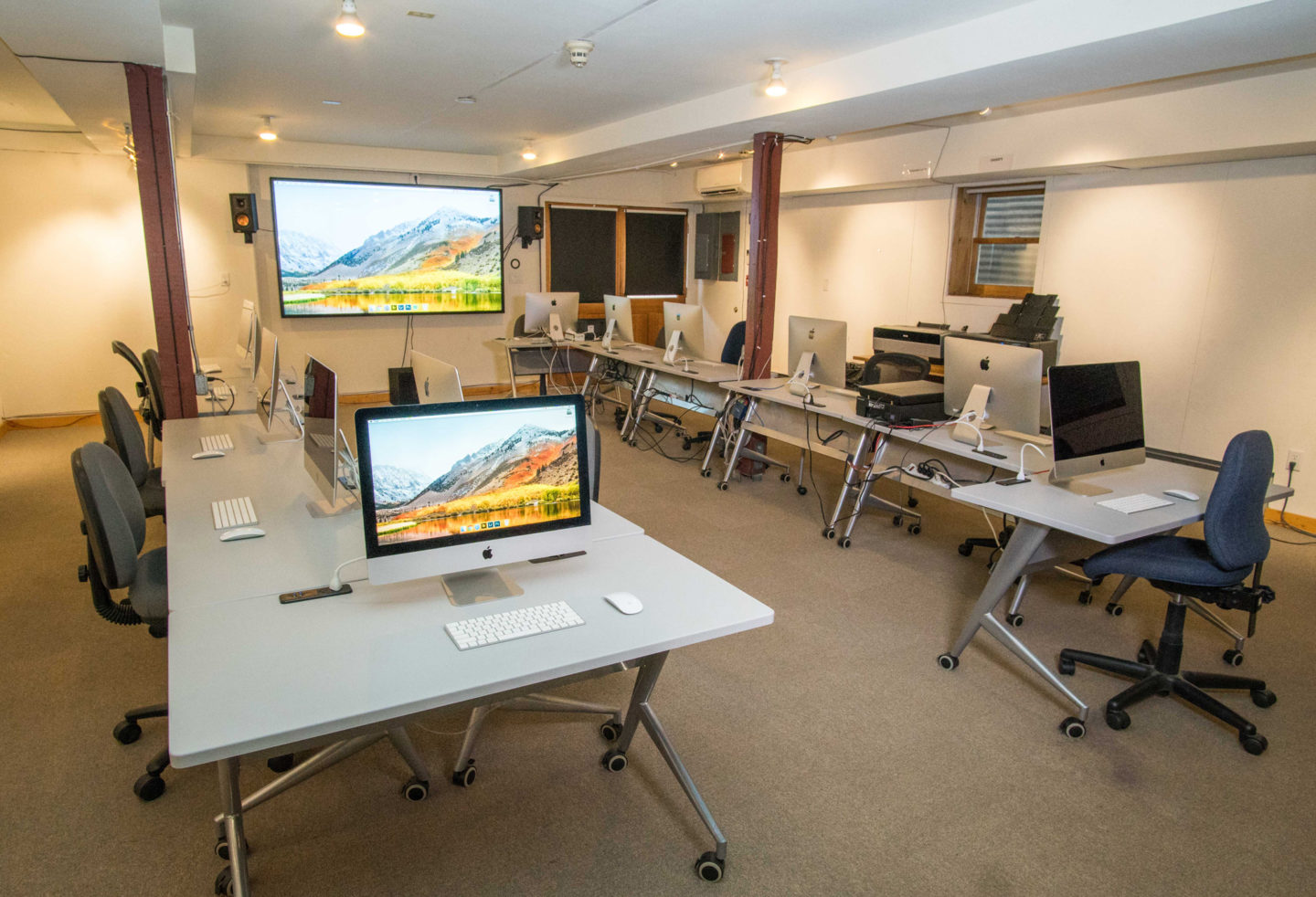

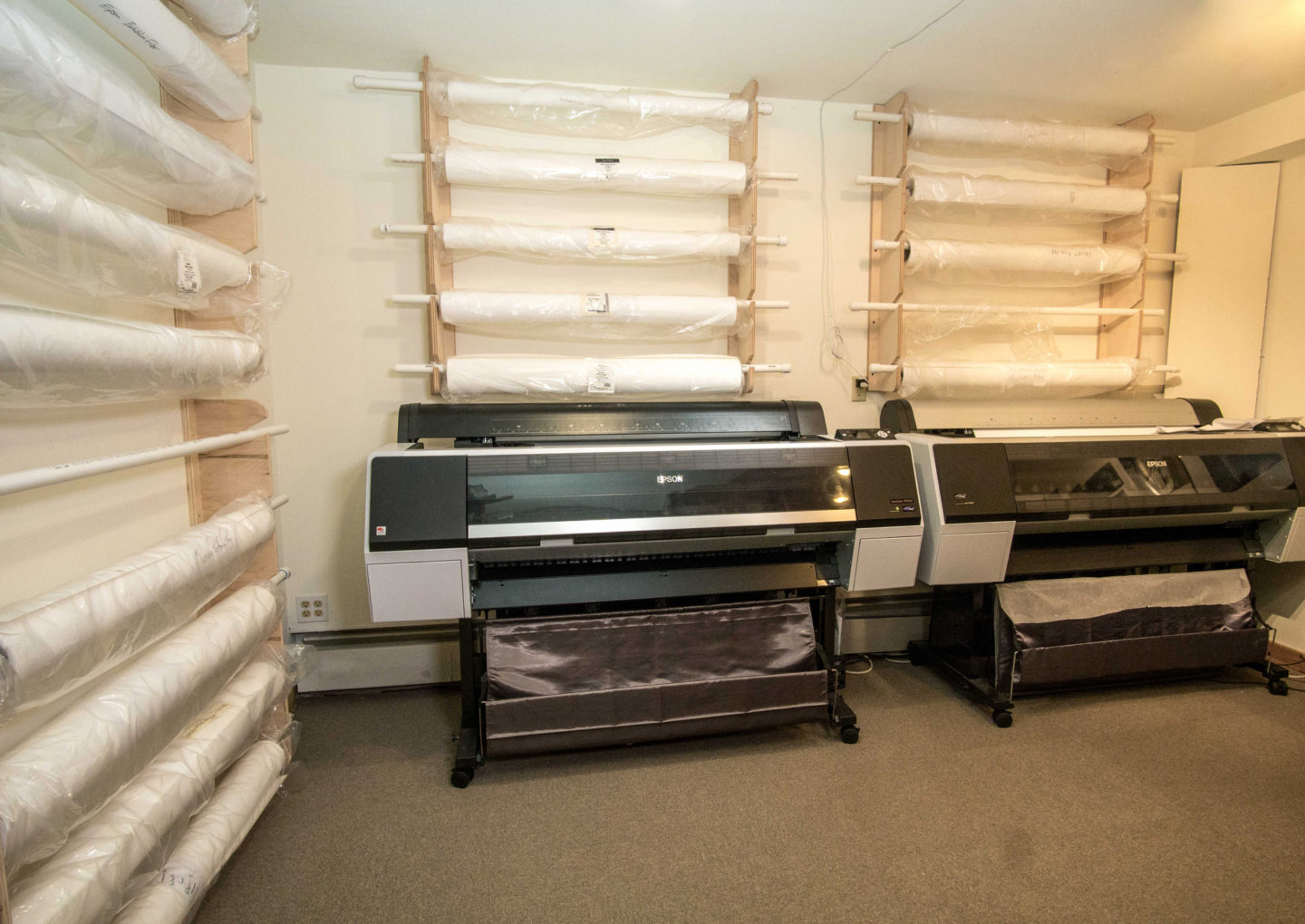
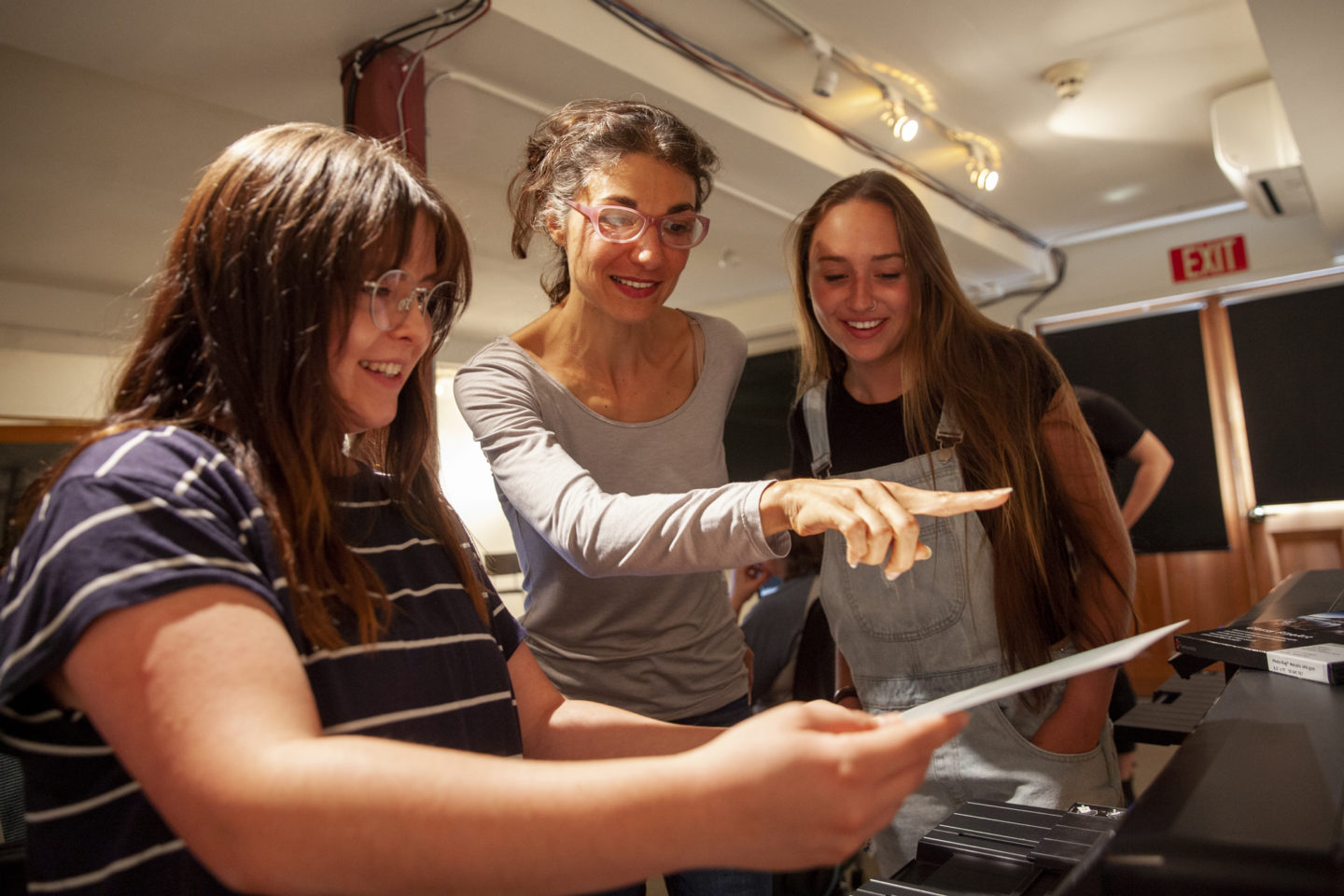
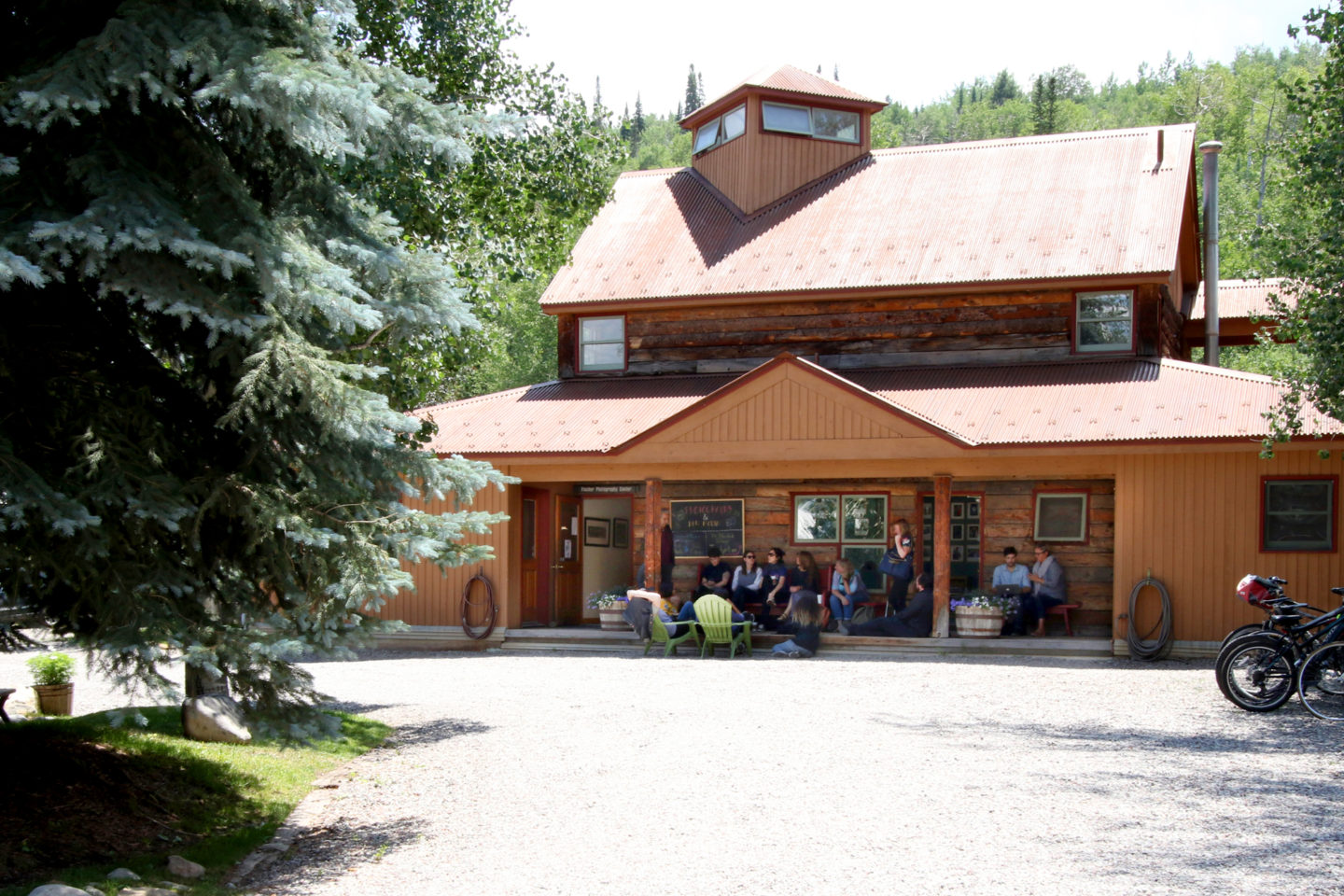
Photography has always been a vital part of Anderson Ranch, one in which students explore visual storytelling through a variety of contexts and concepts. The program has uniquely evolved to focus on both traditional photography and new media— making it one of the only workshop settings of its kind. Three floors of the Fischer Photography Center house state-of-the-art equipment, including three photography studios, two Mac labs, a traditional darkroom, and a lighting studio with strobe and continuous lighting for photography and video.
All Photography workshops are rooted in the same idea—powerful art requires rigorous inquiry of techniques and ideas. We focus on technical skills, content and critical dialog. Students have access to color-managed media labs equipped with 24-inch iMacs, flatbed and film scanners, Epson printers, and cutting-edge software including Adobe Creative Cloud. When appropriate, students utilize strobe and tungsten lighting equipment, seamless backdrops, green screen, audio and video recording equipment and Epson large-format printers.
The Ranch Photography and New Media team creates an inspiring environment, allowing artists of all levels to explore lens-based media and the journey of artistic discovery in the unparalleled setting of the Colorado Rockies.
Don’t know where to start? View the skill levels for Photography and New Media workshops.
Photography & New Media Studio in Aspen / Snowmass
The Photography & New Media Studio at Anderson Ranch Arts Center, located in Snowmass Village near Aspen, Colorado, is a professional studio environment designed to support immersive photographic and digital media practice. The facility provides dedicated workspaces, critique areas, and technical infrastructure for artists working in traditional photography, digital imaging, video, and experimental new media.
Interested in enrolling?
Explore the full schedule of Photography & New Media Workshops at Anderson Ranch.
Anderson Ranch Arts Center is a historic, rustic campus that features gravel pathways and uneven terrain that may pose challenges for individuals using wheelchairs or other mobility devices. We strive to provide accommodations to ensure all guests can access and enjoy our programs and facilities. With advance notice, our staff can offer personalized assistance and coordinate access to studios and campus spaces. For questions or to request an accommodation, please contact us at (970) 923-3181 or [email protected].
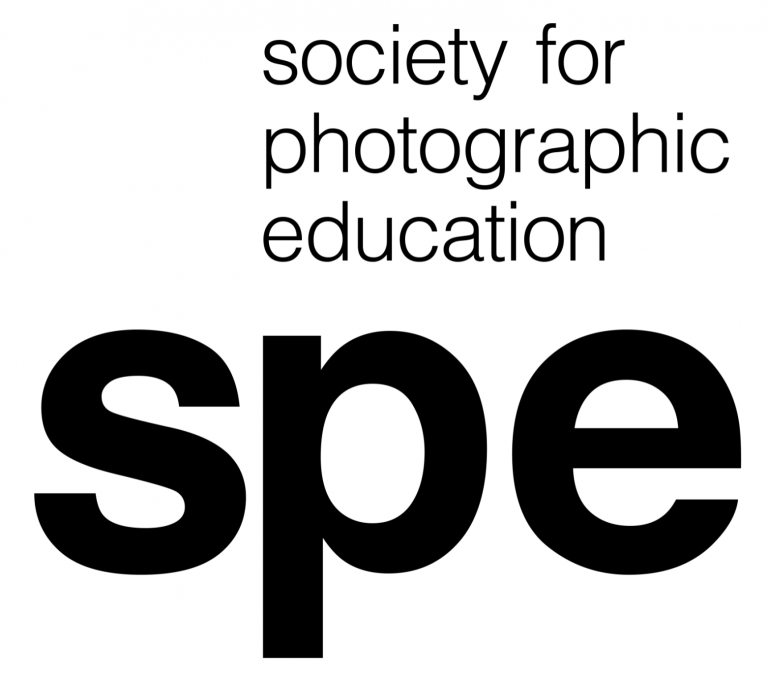

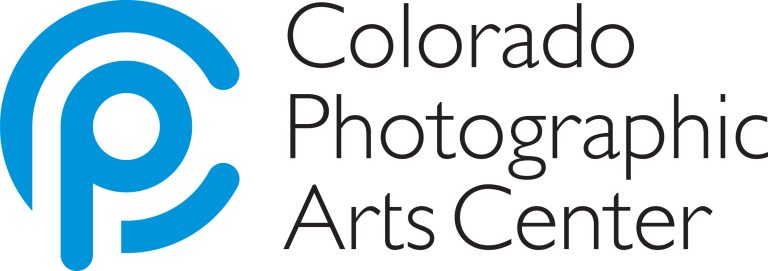
Anderson Ranch is happy to extend a 20% tuition discount for summer one- or two-week adult photography and new media workshops for SPE, the Center for Fine Art Photography, and Colorado Photographic Arts Center members at the student membership level or above. Please email [email protected] with your SPE or CFAP membership information prior to registering and we will send you a promo code to complete registration with your discount applied. You are also welcome to call 970-924-5089 to register after verifying your membership with us. **Please note, this discount must be approved prior to registering and cannot be applied retroactively. SPE and Center for Fine Art Photography discount does not apply to Advanced Mentored Studies programs or Destination Workshops, nor can it be combined with any other discount, scholarship or special offer.
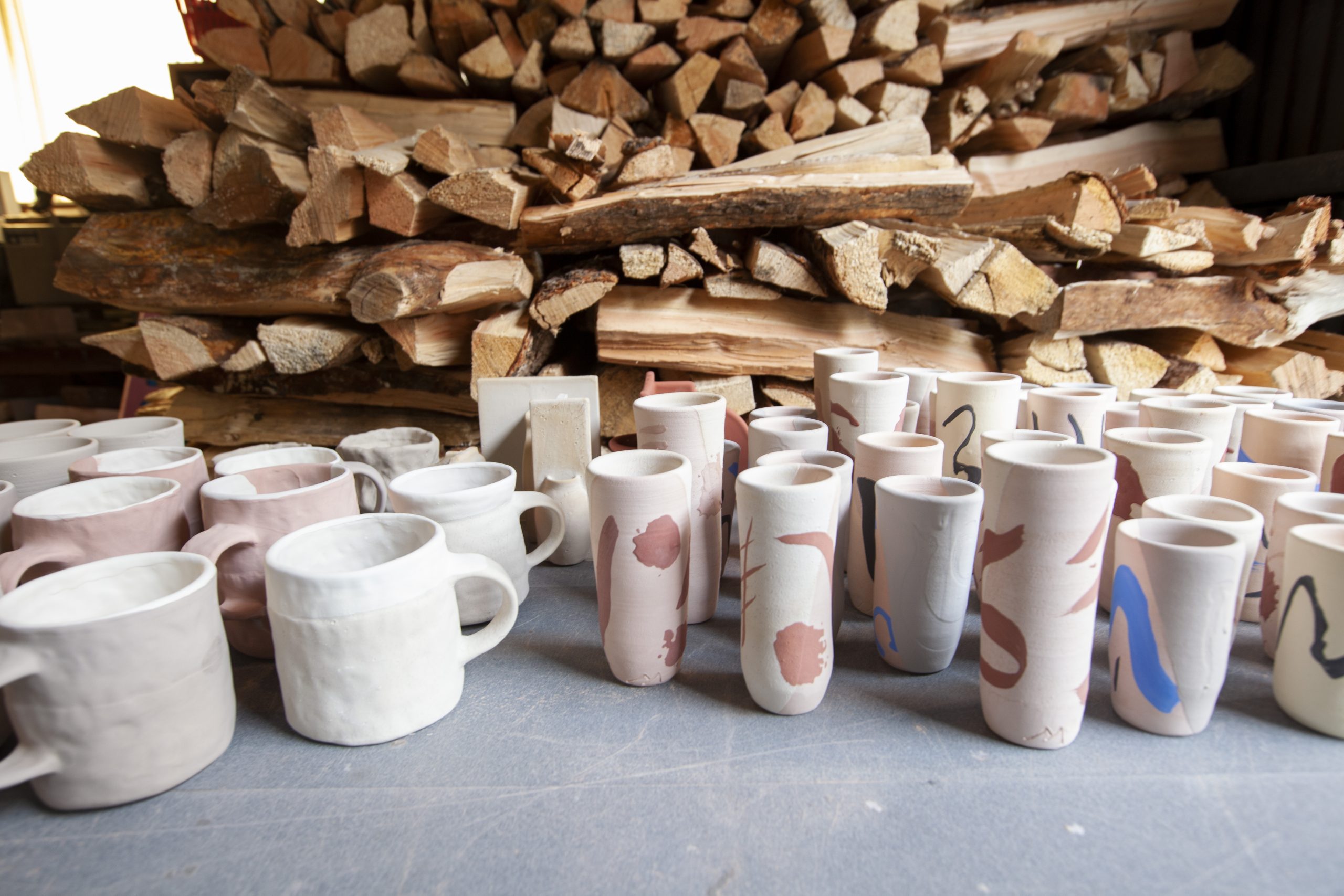
Scholarships, College Credit & Discounts
Making Art Accessible
Applications for scholarship support are encouraged. Specific scholarships are funded by Ranch supporters, either through endowed funds or special gifts.
Many colleges and universities offer college credit for workshops taken at Anderson Ranch. Discounts are available for students and teachers.
You Might Also Be Interested In
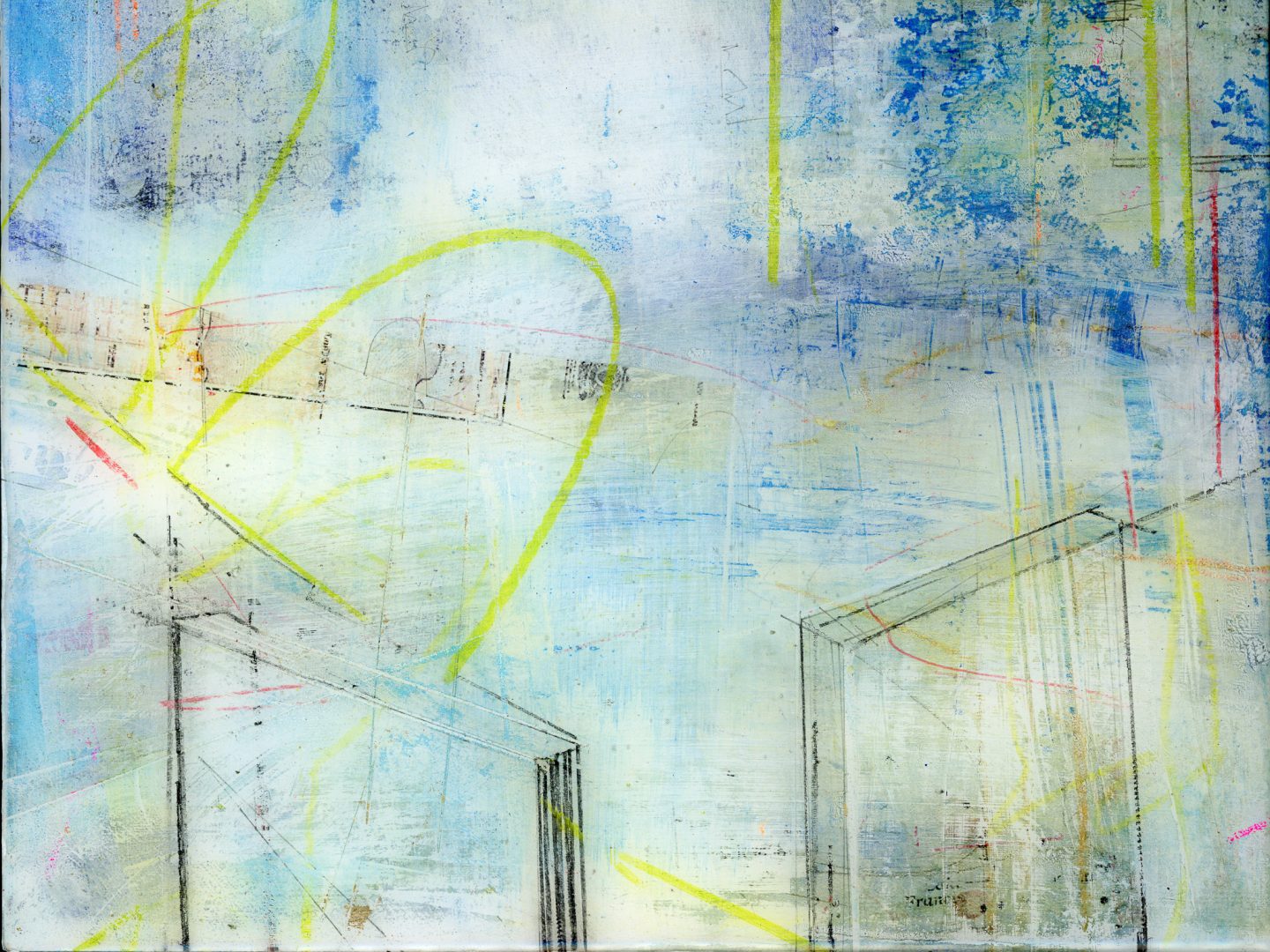
-
O
Open to All
Students of any skill and knowledge level.
Jun 1 - 5, 2026
9 AM - 5 PM
Photographic Collage: An Exploration of Photography and Painting
Kate Leonard
Tuition $1,200
Code P0103-26
Join an engaging exploration of the synthesis between two distinct art forms: photography and painting. Students discover transfer techniques that integrate photographic images and text directly onto painted surfaces, resulting in intriguingly layered works. Participants explore traditional collage and photomontage, and master new methods that allow for opaque and translucent layers. Reductive methods, such as sanding and scraping, reveal the history of earlier photographic layers and suggest an archaeological approach to image development. The workshop emphasizes experimentation and exploratory approaches. Students produce a portfolio of physical examples of all techniques.
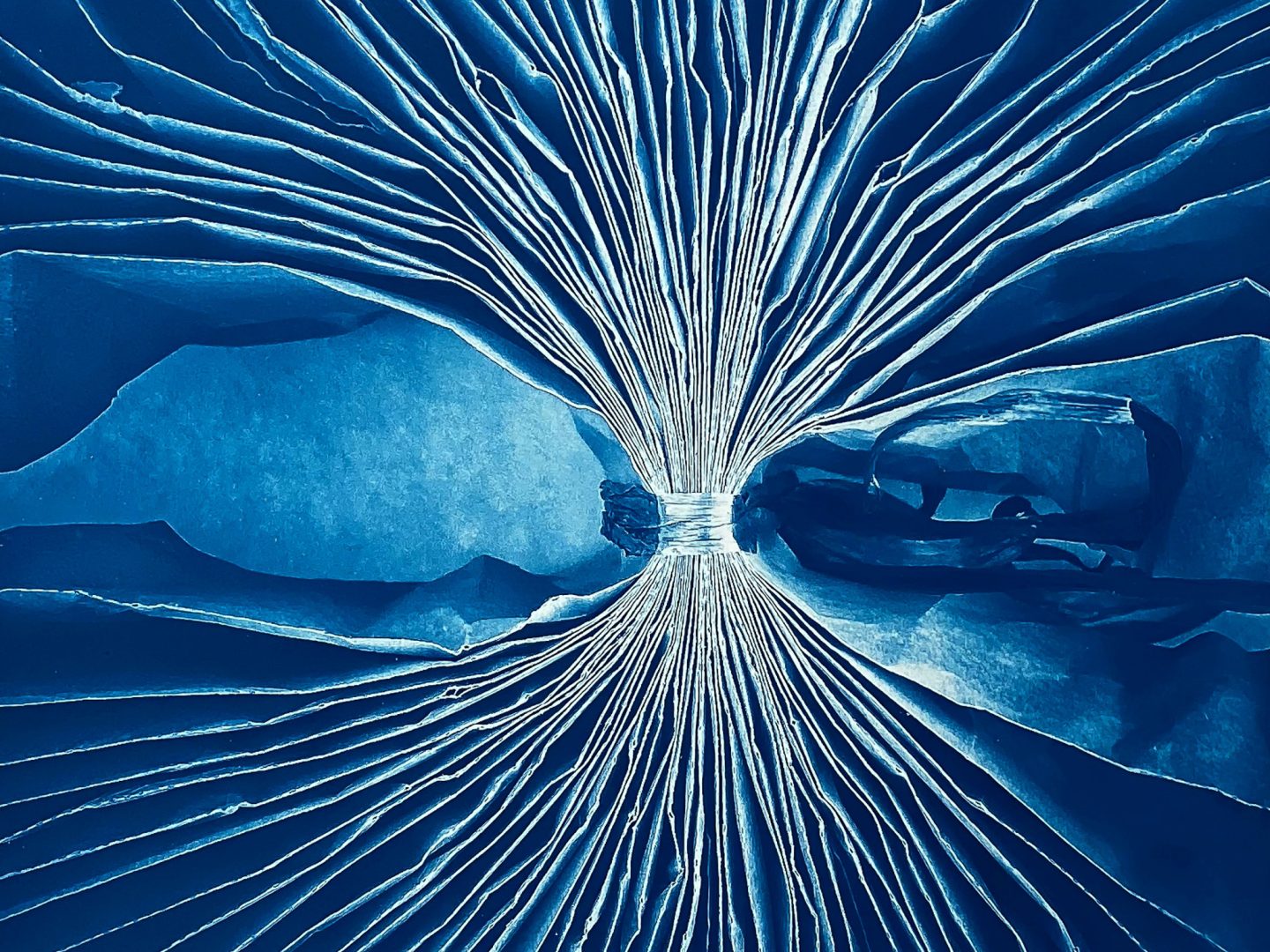
-
O
Open to All
Students of any skill and knowledge level.
Jun 8 - 12, 2026
9 AM - 5 PM
Alternative Processes Unleashed: Cyanotype and Gum Bichromate
Diana Bloomfield
Tuition $1,195
Code P0205-26
The deceptively simple cyanotype process—one of the oldest photographic printing methods—offers a stunning range of exquisite and mysterious blues. Students embark on an exploration of this timeless technique, experimenting on various papers to create both photograms and photographs while learning to produce digital negatives. While cyanotype stands alone as a beloved process for contemporary photographic artists, many practitioners push its boundaries by toning their prints with organic botanical toners, unlocking a remarkable spectrum of colors and hues. This versatile method also pairs beautifully with other alternative techniques, including gum bichromate. Participants delve into the vibrant possibilities of layering gum bichromate over their cyanotypes, engaging deeply with color and process while connecting to the medium’s rich artistic heritage.
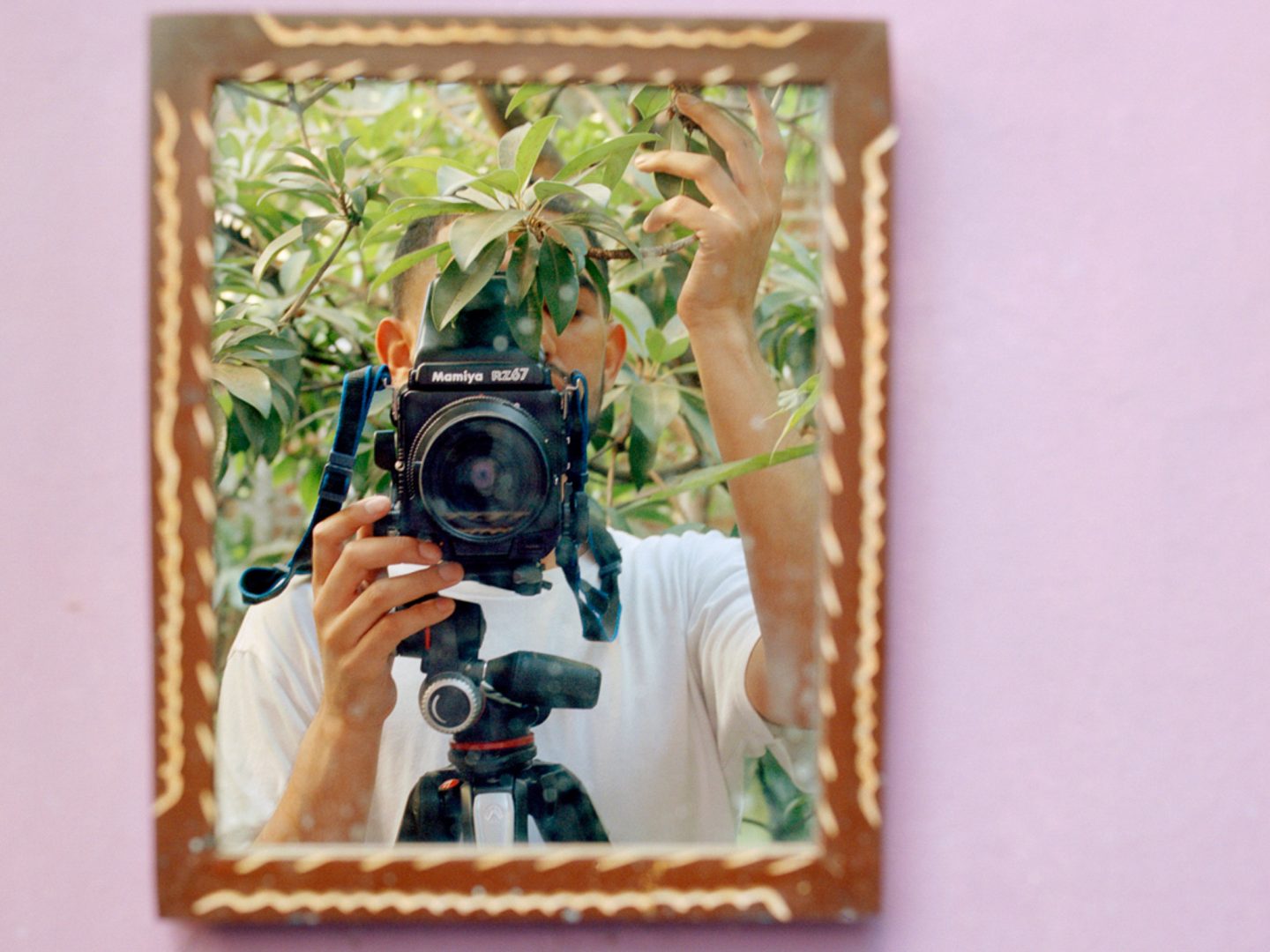
-
II
Level II
Photography students have a basic understanding of photography principles and technology and are comfortable using an SLR camera in manual mode. New Media students have a basic understanding of video, multimedia or animation software. Students have basic computer skills and are comfortable using a Macintosh computer.
-
III
Level III
Photography students have some formal training and significant experience making, capturing and digitally processing images using Adobe Lightroom and/or Adobe Photoshop. New Media students have some formal training in conceptual and technological aspects of video, multimedia, coding or animation and are versed in the appropriate software applications. Students have a portfolio of their artwork.
Jun 8 - 12, 2026
9 AM - 5 PM
Photographic Poetry
Steven Molina Contreras
Tuition $1,095
Code P0204-26
Images and poetry have long shared a deep and resonant dialogue, each illuminating the other in unexpected ways. This workshop invites students to explore that intersection, using the visual language of photography to respond to and be inspired by the written word. In this workshop, students photograph, edit, print, and sequence a small body of work inspired by poetry. Each morning begins with group dialogues and critiques designed to help participants refine their narrative voice and strengthen their conceptual approach. Along the way, they are introduced to artists and writers who have merged image and text, expanding the possibilities of both. Working with a range of photographic techniques—including portraiture, landscape, appropriation, and alternative processes—students are guided in bringing a project from concept to final form, gaining confidence in experimentation and new ways of seeing. Field trips complement studio activities.


